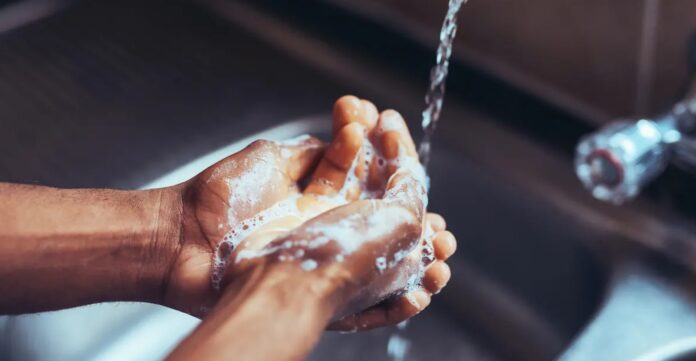Water, the elixir of life, isn’t just crucial for survival; it’s also something many of us take for granted. But, with rising environmental challenges and global water shortages, being a conscious consumer is no longer a choice—it’s a necessity. Did you know there’s an innovative solution that allows you to generate pure, clean water, even in the driest of deserts? If you’ve ever questioned whether a solution like this is scarce legit, it’s time to dive in and discover how such a system can transform your life.
1. Fix Leaks Immediately
A dripping tap or a leaking toilet can waste gallons of water over a month. Periodically check for leaks and address them immediately.
2. Install Water-Saving Appliances
Opt for dishwashers and washing machines that are energy-efficient and conserve water. These machines use less water and, over time, can reduce your utility bills.
3. Reduce Shower Time
A ten-minute shower can use up to 50 gallons of water. Consider reducing your shower time by a few minutes or investing in a water-saving shower head.
4. Reuse Water When Possible
Water used for rinsing fruits can be collected and reused for watering plants. Thinking of little ways to reuse water can have a significant cumulative effect.
5. Choose Plants Wisely
Certain plants require minimal water to thrive. If you’re interested in transforming your space, 7 tips to instantly transform your living space might inspire you, especially when it touches on introducing sustainable greenery.
6. Turn Off the Tap
While brushing your teeth or washing dishes, ensure the tap is off. It might seem insignificant, but it can save a significant amount of water over time.
7. Collect Rainwater
Set up a system to collect rainwater. This water can be used for various purposes, from gardening to washing your car. Moreover, did you know that harvested rainwater can be more beneficial for plants? Find out the health benefits of different foods from the market that naturally boost metabolism, including those grown with natural water sources.
8. Educate & Spread Awareness
Discuss the importance of water conservation with your family and friends. The more people are aware, the bigger the impact we can make.
9. Evaluate Your Daily Consumption
Keep a check on the amount of water you consume daily. By being conscious of your consumption, you can find areas where you can reduce wastage.
In conclusion, water conservation is not just an individual’s responsibility but a collective one. With the looming threat of global water crises, every drop saved today ensures a safer tomorrow. Adopting these easy steps can lead to substantial savings in your water consumption. If you’re also looking for innovative ways to generate pure water, especially in dire situations, consider options like the Water Freedom System. It’s solutions like these that pave the way for a more sustainable future.
Smart Water Metering: The Future of Conservation
As technology advances, it’s essential to consider the role of smart water metering systems in our homes. These intelligent devices offer real-time data about water consumption, allowing homeowners to identify patterns and areas of wastage. They not only assist in monitoring usage but can also alert homeowners about potential leaks or irregularities in water flow. By addressing issues immediately, these systems provide a proactive approach to water conservation.
Graywater Systems: Redefining Waste
Another notable innovation in the realm of water conservation is the graywater system. These systems repurpose water from baths, showers, and sinks, redirecting it for use in toilets or gardening. It’s an ingenious way of maximizing the utility of water within the household. Instead of viewing used water as mere waste, graywater systems treat it as a resource that can be reused, significantly reducing the need for fresh water in various applications.
The Psychological Impact of Water Conservation
Beyond the immediate environmental and financial benefits, conserving water has profound psychological implications. By adopting a more mindful and sustainable approach to water use, individuals often report a heightened sense of purpose and connectivity to the environment. Understanding that each conscious choice contributes to the larger global effort fosters feelings of empowerment. Furthermore, by passing these values onto future generations, we ensure that the ethos of conservation becomes a shared legacy.






